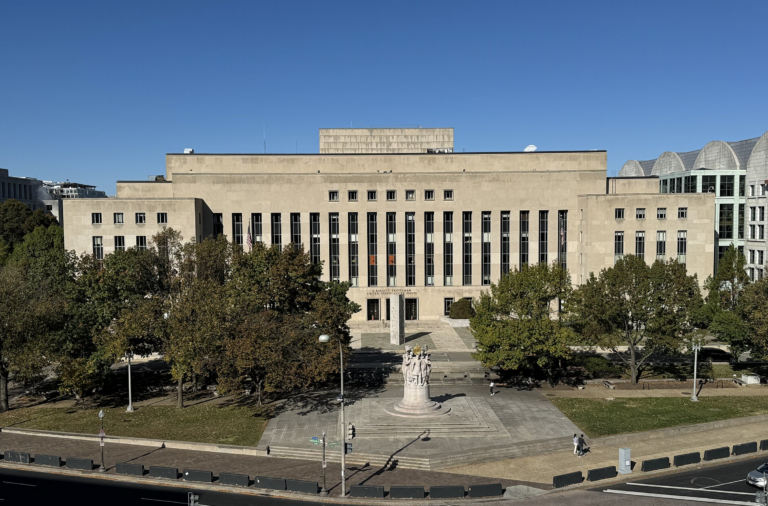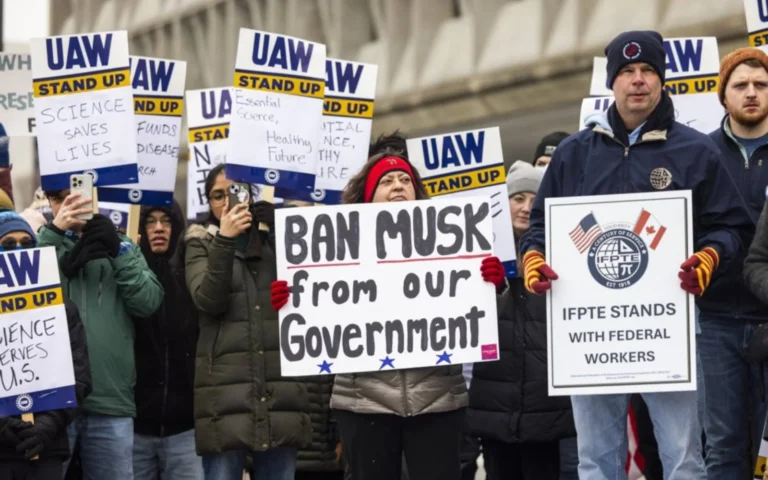
Benjamin Sachs is the Kestnbaum Professor of Labor and Industry at Harvard Law School and a leading expert in the field of labor law and labor relations. He is also faculty director of the Center for Labor and a Just Economy. Professor Sachs teaches courses in labor law, employment law, and law and social change, and his writing focuses on union organizing and unions in American politics. Prior to joining the Harvard faculty in 2008, Professor Sachs was the Joseph Goldstein Fellow at Yale Law School. From 2002-2006, he served as Assistant General Counsel of the Service Employees International Union (SEIU) in Washington, D.C. Professor Sachs graduated from Yale Law School in 1998, and served as a judicial law clerk to the Honorable Stephen Reinhardt of the United States Court of Appeals for the Ninth Circuit. His writing has appeared in the Harvard Law Review, the Yale Law Journal, the Columbia Law Review, the New York Times and elsewhere. Professor Sachs received the Yale Law School teaching award in 2007 and in 2013 received the Sacks-Freund Award for Teaching Excellence at Harvard Law School. He can be reached at [email protected].
With the Court and Congress back in session for the first time since Justice Scalia’s death, attention has turned to President Obama’s choice of a nominee to replace the Justice. The President’s decision will have obvious implications for all of American politics and society – and it will have profound implications for workers and unions. In the days ahead, OnLabor will run a series of posts covering the labor decisions and positions of some of the likely potential picks.
Our goal is to highlight pieces of the labor records of those on the most prominent “short lists” of nominees. But the series will, of necessity, be limited in two important ways. First, the group of nominees we’ll cover comes from cobbling together a number of published lists, and our (unscientific) process for choosing among these lists – and among candidates on the lists – means that we’ve likely included some candidates who aren’t actually under consideration and that we’ve excluded some who are. Second, given the time frame and space constraints, we won’t be able to analyze everything – or close to everything – that’s potentially relevant to workers, unions, and labor more broadly. Our aim is to discuss things that seem important to us; we can’t (and don’t pretend to) cover everything that’s actually important.
The first post, coming soon, will discuss Judge Merrick Garland.






Daily News & Commentary
Start your day with our roundup of the latest labor developments. See all
April 2
Local academic unions face pushback in negotiations
April 1
In today’s news and commentary, Aramark workers at Philly stadiums reach tentative agreement, Crystal Carey is poised to take general counsel at NLRB, President Trump’s nominees for key DOL positions, and the National Treasury Employees Union sues the Trump administration. UNITE HERE Local 274, which represents thousands of food service workers in the Philadelphia region, […]
March 31
Trump signs executive order; Appeals court rules on NLRB firing; Farmworker activist detained by ICE.
March 28
In today’s news and commentary, Wyoming bans non-compete agreements, rideshare drivers demonstrate to recoup stolen wages, and Hollywood trade group names a new president. Starting July 1, employers will no longer be able to force Wyoming employees to sign non-compete agreements. A bill banning the practice passed the Wyoming legislature this past session, with legislators […]
March 27
Florida legislature proposes deregulation of child labor laws, Trump administration cuts international programs that target child labor and human trafficking, and California Federal judge reversed course and ruled that unions representing federal employees can sue the Trump administration over mass firings.
March 25
Illinois warehouse quota bill vetoed; Minnesota residents organize; circuit split on NLRB deference continues